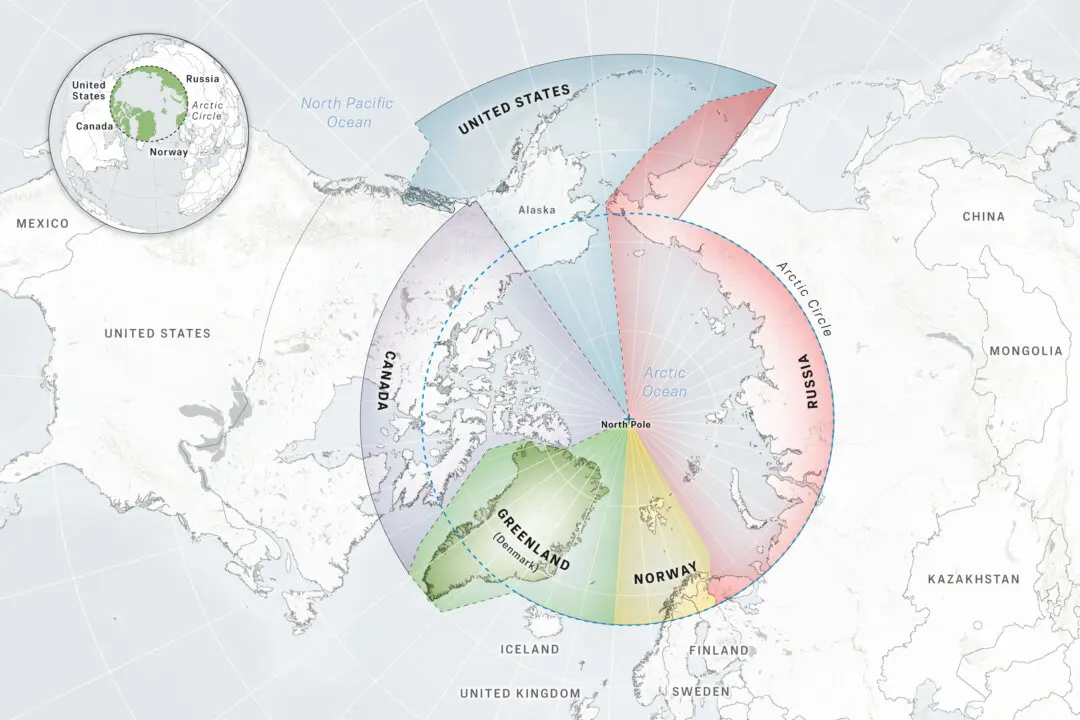As a record number of Americans turn 65 this year, retiring abroad is becoming an increasingly attractive option for many. Former U.S. residents—or “expats”—say it offers a solution to soaring costs of living and health care in the United States. This dream, however, comes with a disclaimer: There are still plenty of challenges to navigate in other countries.
For some retirement-age expats, finding a slower pace of life, a sense of community, and a temperate climate were reasons enough to pull up stakes.





